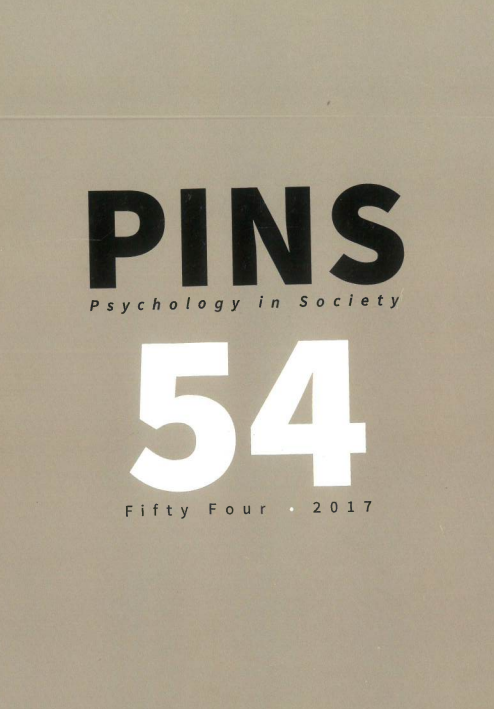An Africentric theory of human personhood
DOI:
https://doi.org/10.17159/2309-8708/2017/n54a4Keywords:
Africentric paradigm, Afrocentric paradigm, Africancentredness, personhood, cultureAbstract
The principal objective of this article is to work out an Africentric theory of human personhood. The aim is to attempt an African psychological rendering of that fundamental African assumption, made popular by the Nguni proverb, that “umuntu ngumuntu ngabantu” (often translated as “a person is a person through other persons”). To achieve this aim an African psychological theory of human personhood is offered to demonstrate that, in Africa as in other parts of the world, mature human beings are not born but made. In grounding the theory within an Africentric paradigm, the following themes that reflect an African origin of the theory are discussed: the basic postulates of an African worldview; an Africentric theory of human motivation; influential agents, moral visions, and social processes in the formation of an African personhood. The central goal of the discussion is to show how African personhood is socio-culturally derived and to point at the variety of enduring forces, both ancient and modern, determining its distinctive form.
Downloads
Downloads
Published
How to Cite
Issue
Section
License
This journal is an open access journal, and the authors' and journal should be properly acknowledged, when works are cited.
Authors may use the publishers version for teaching purposes, in books, theses, dissertations, conferences and conference papers.
A copy of the authors’ publishers version may also be hosted on the following websites:
- Non-commercial personal homepage or blog.
- Institutional webpage.
- Authors Institutional Repository.
The following notice should accompany such a posting on the website: “This is an electronic version of an article published in PINS, Volume XXX, number XXX, pages XXX–XXX”, DOI. Authors should also supply a hyperlink to the original paper or indicate where the original paper (http://www.journals.ac.za/index.php/pins) may be found.
Authors publishers version, affiliated with the Stellenbosch University will be automatically deposited in the University’s’ Institutional Repository SUNScholar.
Articles as a whole, may not be re-published with another journal.
The copyright of the article(s) lies with the author(s).
The copyright of the journal lies with PINS-psychology in Society.
The following license applies:
Attribution CC BY-NC-ND 4.0 - https://creativecommons.org/licenses/by-nc-nd/4.0/

